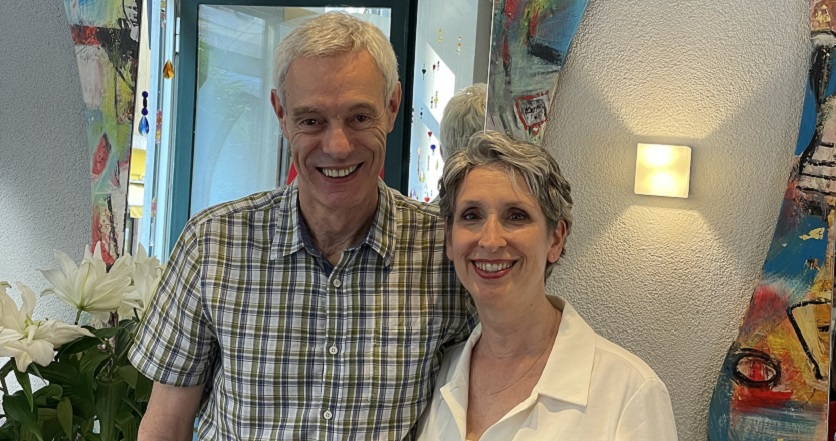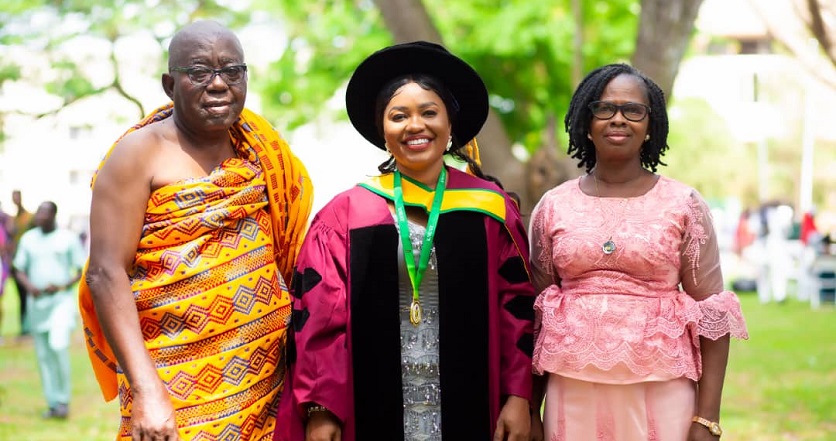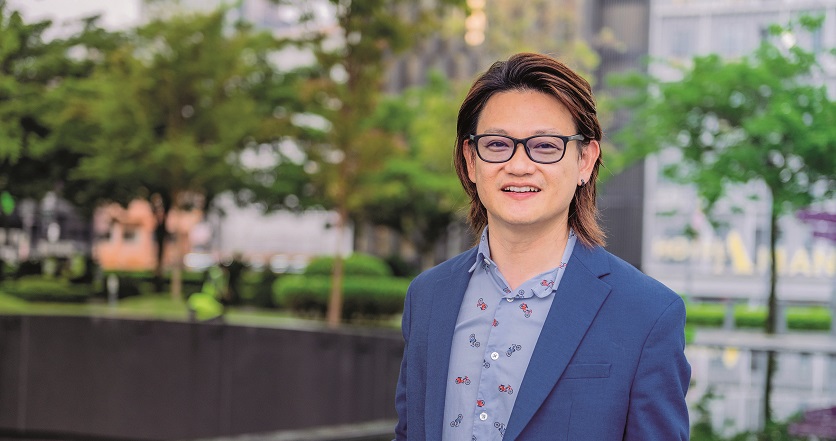Seeing It Through
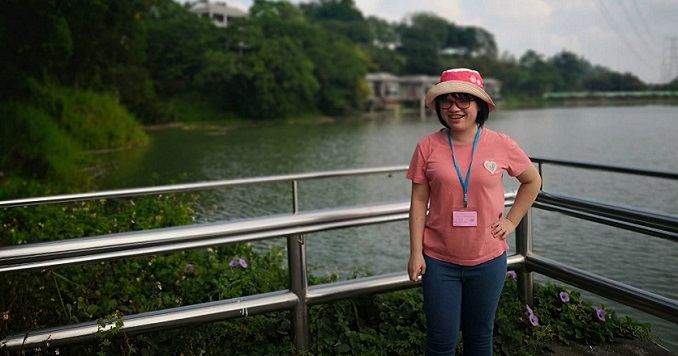
Zhang Jing-Hui from Taiwan shares her story of resilience against societal barriers, excelling academically and thriving in her workplace as a blind person.
I was born prematurely, weighing less than one kilogram, only a third of the weight of a full-term baby, and I was blind in both eyes due to retinal detachment. My mother became a member of the Soka Gakkai when I was still a child. Growing up, my parents did not treat me differently. They encouraged me to learn and do anything that sighted people could do, such as riding a bicycle, swimming and playing musical instruments. From kindergarten to high school, I attended regular classes, and my school provided me with braille and audio textbooks or audio software so that I could learn by touch and hearing. I tried to integrate into the everyday life of the school, reading and playing with everyone.
On graduating from high school, I received the Presidential Education Award, Taiwan’s highest education award.
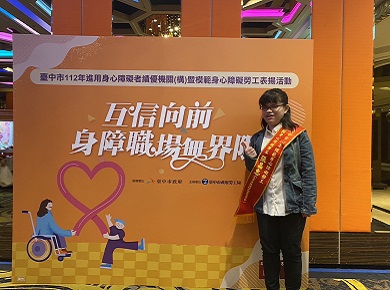
In 2013, the year I took the university entrance exam, I decided to take up this Buddhist practice and put it to the test in my life, encouraged by my mother and a young woman who was also a Soka Gakkai member.
I left my hometown to attend university in the northern part of Taiwan. With encouragement of my senior in faith there, I challenged myself through various Soka Gakkai activities in the local district, such as being the emcee of the large annual general meeting of my local district. When I graduated from university, I received the Principal’s Award, representing over 7,000 graduates.
Job Search
In the summer of 2017, I began my job search. However, it is not easy for a completely blind person to find employment other than becoming a massage therapist. I threw myself into Soka Gakkai activities to keep my spirits up and was encouraged by a fellow member to chant Nam-myoho-renge-kyo with the conviction that I would succeed. As well as praying that I would have the wisdom to handle interviews well, I also wanted my success in securing a job to encourage the younger people in the organization.
After a particularly good interview with a company, I was certain I would be hired, and I was devastated when I didn’t get the job. I kept asking myself why. At this point, I remembered something I had read by President Daisaku Ikeda, that one who practices the philosophy of Nichiren Buddhism need never be defeated. I had to fight on. I put my sadness aside and prepared to take up the challenge of the job search again.
With a renewed sense of purpose, I attended an interview for a job with the local government. A week later, I received a phone call informing me that I had been accepted as a telephone operator for the city’s service line. I was overjoyed and grateful.
I was the first person who is blind to be employed in our unit and was assigned to handle incoming calls from various city offices.
Despite the rude remarks by some of the callers, I was able to handle the calls effectively. After a month, my supervisor trusted my ability to resolve issues and opened a hotline for me so that people could find me more easily.
I felt immensely grateful and happy in the trust that had been placed in me and pondered how I could create the most value in my role. I decided I would try to remember the name and service unit of everyone I spoke to on the phone. Gradually, I began to receive comments from callers saying things like “I like hearing your voice, it makes people feel energized and warm.” This made me reflect on a passage that Nichiren quotes in his writings, “The voice carries out the work of the Buddha.”
A Proactive Approach
After working in this role for three years, I began to receive fewer calls as a result of policy changes. This meant that my workload was significantly reduced. Some of my colleagues felt that it was unfair that I was doing less work than them but receiving the same salary.
After reflecting on this in my chanting, I decided to take the initiative. I approached my supervisor saying that I would like to take on new tasks, in the hope that I could relieve the burden on colleagues. A week later, I had a new job and a new challenge.
My new job was to call people who were dissatisfied with the city’s services, find out what they actually needed and then relay the information to the relevant authorities. I felt nervous calling people, being afraid that they would be angry or abusive. To overcome this fear, I took the task seriously and decided I had to be smart and careful and do my best to understand the needs of the complainants. I received a lot of positive feedback for my efforts, both from my supervisors and from customers. They said I was very good at my job and very patient. These are the things that motivate me the most.
Apart from my work, what makes me happy is that my family is touched by the sound of my chanting every morning and evening. One day at dinner, my father, who had previously not believed in the idea that Buddhism could benefit my life, suddenly said to me, “You are very fortunate. I think this job is perfect for you and came to you as a result of your Buddhist practice. No matter what difficulties you encounter, you will always have good influences to help you.” I was very touched and surprised by these words, particularly that my growth had made my family see the benefit of my Buddhist practice.
I feel deep gratitude to my mother for bringing this Buddhist practice into my life, which has brought me such contentment. I want to show others that there is nothing that can hold us back.
Adapted from an article in the November 15, 2022, issue of Soka Press, Taiwan Soka Association.





